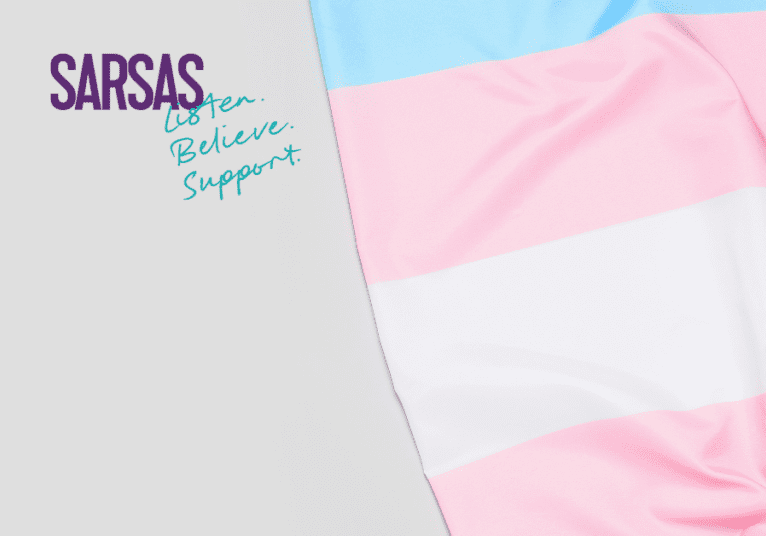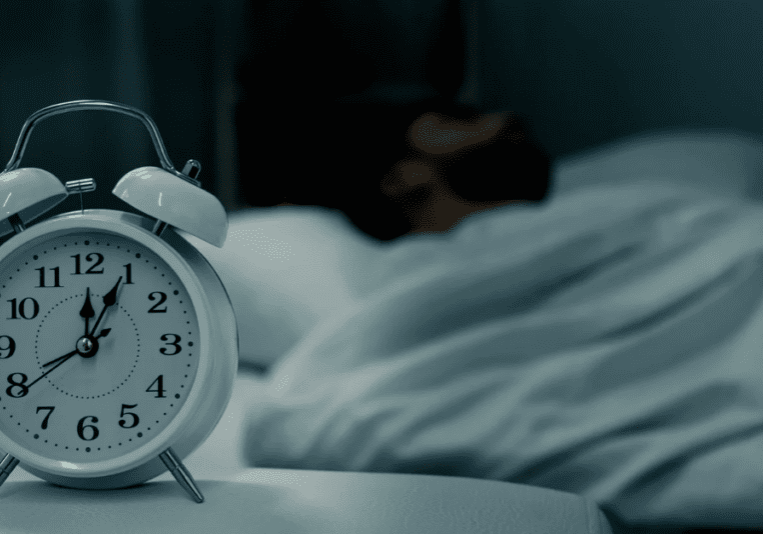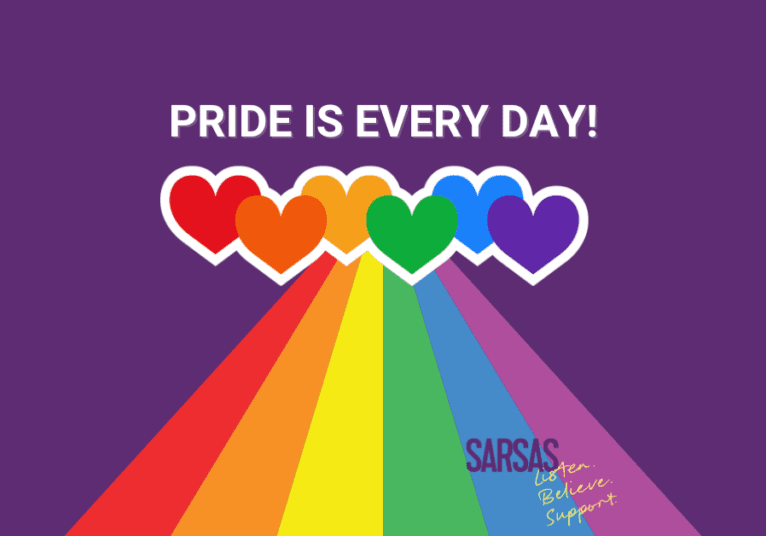
What next for people with lived experience when the justice process fails?
I usually enjoy my job as a trauma counsellor for SARSAS – it’s a privilege to participate in clients’ recovery journeys. However, I find supporting clients who have had negative experiences while seeking justice some of the saddest journeys, and the ones most likely to invoke my anger at the injustices within this broken system.
Although the below statistics indicate that more women are seeking justice and speaking up when they are abused, it also shows a very broken justice system for those who experience sexual and domestic abuse, and a system that would rather protect itself and its levels of conviction in court than defend abused women.
- 9,324 sexual offence cases currently waiting to go to the Crown Court*
- 31% increase compared to the number waiting at the same time last year*
- 2 in 10 rapes recorded by police between July 2022 and June 2023 resulted in someone being charged that same year (let alone convicted)**
Real life impact
The statistics are one thing, but they don’t reflect the very real human impact behind these facts and often fail to consider that:
- The journey through court processes can be extremely triggering for people with lived experiences of sexual violence.
- Police aren’t therapeutically trained, and their interviews are aimed at getting the facts clear to build a case rather than caring for the emotional wellbeing of people with lived experiences.
- Going through graphic details of abuse in depth often triggers increased levels of flashbacks, nightmares, anxiety, dissociation, and panic attacks.
- The stress of being challenged on every detail of their testimony and being in limbo during the investigation often makes it impossible for them to heal, process their pain and reduce these trauma symptoms.
Some of my clients have been fortunate enough to have police officers that believed them and fought for them to receive justice. These officers are usually from specialist units which only focus on domestic and sexual abuse cases, so have greater empathy and understanding of how trauma impacts memory and that most abuse cases don’t fit the social stereotypes and narratives that society prefers.
Many clients have also found it helpful to have women police officers, ISVA (Independent Sexual Violence Advocate) or IDVA (Independent Domestic Violence Advocate) helping them through the process. Talking to male police officers about their sexual abuse often feels very unsettling and triggering as they are less likely to feel believed, understood or safe.
Other clients who haven’t been supported by police officers from specialist sexual and domestic abuse units have walked away from the criminal justice process feeling silenced, shamed, and ridiculed by the police officers. The process of seeking help and justice often leaves them even more traumatised and powerless than when they first began the investigation process.
Women with lived experience from marginalised groups
Unfortunately, the likelihood of women being humiliated and silenced by police officers increases significantly the more socially marginalised and powerless they are. I have wept bitter tears listening to the additional abuses and injustices experienced by women of colour, refugee women, women with mental health needs, women who are poor or come from the LGBTQ+ communities. For many of these women, when they do choose to report, they find the misogynist environment within police and criminal processes become much more apparent the less you are considered a ‘socially desirable victim’.
What next?
Countless women that I have supported through criminal processes for abuse have said they feel that the justice system protects the perpetrators rather than them and that they wish they had never gone to the police. Honestly, I agree with these women who have lived experience – the justice system is broken and does seem to protect perpetrators more than them. Until the sexual and domestic abuse of women are legally counted as hate crimes, the social stereotypes around what makes a ‘good victim’ are challenged, and juries are given more information on the impact of trauma on people with lived experience, this is unlikely to change.
However, the question remains if the justice system has let you down what options are open to you after this?
There are some options, however it does depend on what you experienced and what you were primarily seeking from the criminal process.
- If your case was mishandled or you were abused during the process, you can seek to appeal the closing of your case and make a complaint against those investigating.
- In some cases, if you have a pervious history with the perpetrator and there is ongoing harassment it can be possible to get a protection order without a guilty verdict which can increase your sense of safety.
- Whether you win, lose or your case is dropped, you can apply for financial recompense from the government for the abuse you experienced, which doesn’t in any way make the trauma experienced ok, but it can help to build your future.
- If you were primarily seeking to be heard and believed as part of healing, seeking trauma informed therapy and finding a creative way to use your voice can be powerful ways of achieving this.
- If your main aim was to try and protect other women from your perpetrator, it’s useful to know that even if your case doesn’t proceed to court or get a guilty verdict, the police will be more aware of this individual and it can add substance to any further reports of abuse.
- Anonymous reporting can also achieve this same outcome if you feel like you want to help other potential victims but don’t want to go through the legal process.
- If you wanted your perpetrator to understand the harm and damage that they caused you, there are restorative justice options you can look into where you are able to talk to your perpetrator in a safe way with a mediator – for some people this can be a very healing process. However, I believe restorative justice is only possible for cases that haven’t gone forward to court.
- If you lived with your perpetrator, many people find it helpful increasing a sense of safety and reducing triggers to move to a new home and area that doesn’t hold those trauma memories.
Your healing is not dependent on a jury giving a guilty verdict. Your future matters and going to court is not the only way to be heard, believed or feel in control again. For everyone who this blog feels relevant to, please know that we at SARSAS believe you. We understand that what happened was deeply wrong and are here to support and listen to you, wherever you are in this process.
* rapecrisis.org.uk/get-informed/breaking-point/
** rapecrisis.org.uk/get-informed/statistics-sexual-violence/
The latest from our news and blogs

Trans, Non-Binary, and Intersex (TNBI) Support Group
Coming together in a confidential space to support each other and identify ways to move forward after rape & sexual abuse.




